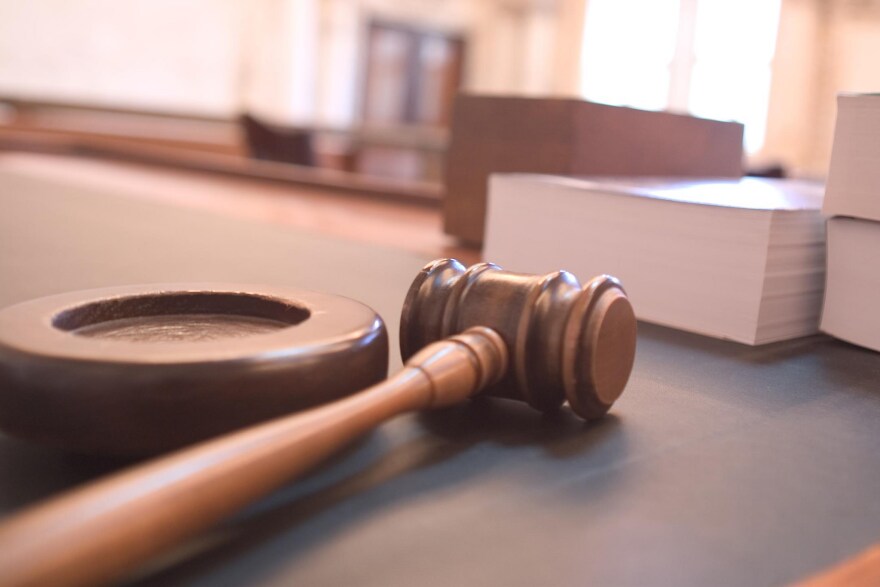WUWM's Project Milwaukee series last year on the issue of the incarceration rate among African-American men in Milwaukee pointed to the apparent disparities in traffic stops and other citations. These encounters with the law often result in offenders ending up back in prison.
A series of reports just out in the Milwaukee Neighborhood News Service goes further into the disparities. Reporter Brendan O’Brien examined these disparities and the financial impacts they have.
The main issue the series explored was the disproportionate amount of tickets written in the poorest of Milwaukee neighborhoods. O'Brien compared the 53206 zip code to the 53215 zip code, with 53215 zip code with the same amount of people percentage wise in poverty. He found that police wrote one ticket for every four people in the '06 zip code compared to one ticket for every eleven people in the '15 zip code in 2014. These tickets are often for small offenses such as loitering, broken headlights, vehicle registration, and other non-violent offenses.
Despite the increased amount of tickets residents of poorer neighborhoods receive, many still believe in the judicial system according to O'Brian.
"These individuals were in court trying to do the right thing...and not being able to do the right thing because of their poverty," he says.
In addition to not having funds to pay fines from citations, many defendants don't know how to navigate the municipal court system to reduce these fines.
"Statistic show defendants just don't know their rights, they don't know that they can get alternative sanctions like community service. Judges typically don't tell them," says O'Brien.
O'Brien found over the last four years that if you are a defendant without a lawyer the chances of citations being dismissed is only 8% compared to 57% if you have legal representation.
"Good things are going to happen [if you go to court]. You have a better chance of winning your case if you take it to trail," says O'Brien.
However O'Brien does acknowledge that using a citation as not just a bill but a summons, can bring up a multitude of other issues. Primarily the time and energy it takes to go to court, the money for a lawyer, and the lack of trust defendants have when walking in to a court that is housed in the police department.
As a part of his report, O'Brien selected a case at random to see if he could track down the appropriate documents and speak to the officers involved to see what exactly happened and how they could reduce the fines. He found that the frustrations he encountered would easily drive people away who do not have the time to take a more proactive approach to their case.
"Reporters spent a good 15-20 hours on this particular case. We stood in lines, we made phone calls...I could only imagine someone that does not do this for a living trying to navigate the system," O'Brien reflects.






